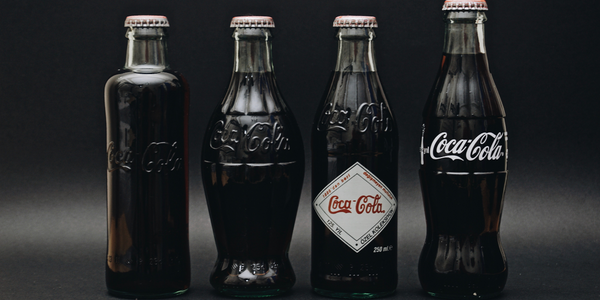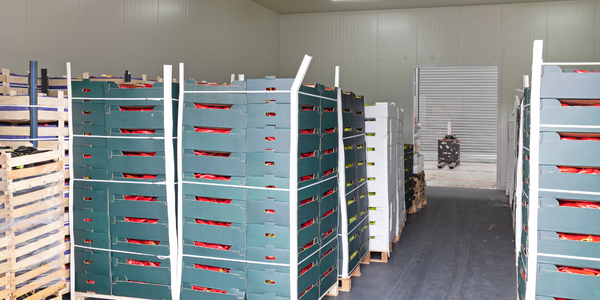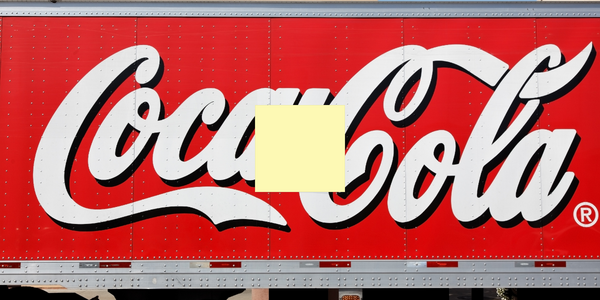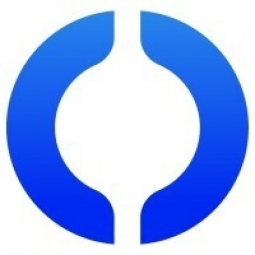公司规模
SME
地区
- America
国家
- United States
产品
- Fishbowl Manufacturing
技术栈
- QuickBooks
实施规模
- Enterprise-wide Deployment
影响指标
- Productivity Improvements
- Cost Savings
技术
- 功能应用 - 库存管理系统
- 功能应用 - 制造执行系统 (MES)
适用行业
- 食品与饮料
适用功能
- 物流运输
- 离散制造
用例
- 库存管理
- 供应链可见性(SCV)
服务
- 系统集成
关于客户
Pacific Valley Dairy is a company based in Pacific, Missouri that specializes in making ice cream mixes. They also produce and distribute cones, toppings, sundae dishes, and a variety of other supplies needed to run an ice cream parlor. The company has a wide distribution network with over 400 locations throughout the Midwest and as far south as Florida. Since its inception three years ago, the company has been using QuickBooks to manage its day-to-day business operations. However, they quickly realized that QuickBooks alone was not sufficient to manage their inventory and distribution requirements.
挑战
Pacific Valley Dairy, a producer and distributor of ice cream mixes and related supplies, faced a significant logistical challenge. With over 400 locations throughout the Midwest and as far south as Florida, the company needed a way to manage and track its raw materials, finished products, and distribution. The company had been using QuickBooks for its day-to-day business operations since its inception three years ago. However, they quickly realized that QuickBooks alone did not have the capabilities to manage the company's inventory and distribution requirements. They needed a stronger system that would integrate well with QuickBooks.
解决方案
To solve their logistical problem, Pacific Valley Dairy turned to Fishbowl Manufacturing to streamline their business process and manage the inventory control of raw materials, production, finished goods, distribution, and sales. The company uses 12 Fishbowl users. Fishbowl Manufacturing allows them to create separate categories for the raw ingredients, making it easier to track the use of each ingredient for finished products. For distribution, Fishbowl makes getting the company’s finished products to its store locations efficient and easy. They have been able to generate pick labels from their warehouse, which are printed out in the order of each stop. This makes loading and unloading the trucks very easy. Fishbowl also helps in dealing with multiple locations and different business types, which created problems with invoicing. They use Fishbowl to create separate categories for its different pricing structures, making it easier to properly invoice each business, and manage account receivables for each.
运营影响

Case Study missing?
Start adding your own!
Register with your work email and create a new case study profile for your business.
相关案例.

Case Study
The Kellogg Company
Kellogg keeps a close eye on its trade spend, analyzing large volumes of data and running complex simulations to predict which promotional activities will be the most effective. Kellogg needed to decrease the trade spend but its traditional relational database on premises could not keep up with the pace of demand.

Case Study
HEINEKEN Uses the Cloud to Reach 10.5 Million Consumers
For 2012 campaign, the Bond promotion, it planned to launch the campaign at the same time everywhere on the planet. That created unprecedented challenges for HEINEKEN—nowhere more so than in its technology operation. The primary digital content for the campaign was a 100-megabyte movie that had to play flawlessly for millions of viewers worldwide. After all, Bond never fails. No one was going to tolerate a technology failure that might bruise his brand.Previously, HEINEKEN had supported digital media at its outsourced datacenter. But that datacenter lacked the computing resources HEINEKEN needed, and building them—especially to support peak traffic that would total millions of simultaneous hits—would have been both time-consuming and expensive. Nor would it have provided the geographic reach that HEINEKEN needed to minimize latency worldwide.

Case Study
Energy Management System at Sugar Industry
The company wanted to use the information from the system to claim under the renewable energy certificate scheme. The benefit to the company under the renewable energy certificates is Rs 75 million a year. To enable the above, an end-to-end solution for load monitoring, consumption monitoring, online data monitoring, automatic meter data acquisition which can be exported to SAP and other applications is required.

Case Study
Coca Cola Swaziland Conco Case Study
Coco Cola Swaziland, South Africa would like to find a solution that would enable the following results: - Reduce energy consumption by 20% in one year. - Formulate a series of strategic initiatives that would enlist the commitment of corporate management and create employee awareness while helping meet departmental targets and investing in tools that assist with energy management. - Formulate a series of tactical initiatives that would optimize energy usage on the shop floor. These would include charging forklifts and running cold rooms only during off-peak periods, running the dust extractors only during working hours and basing lights and air-conditioning on someone’s presence. - Increase visibility into the factory and other processes. - Enable limited, non-intrusive control functions for certain processes.

Case Study
Temperature Monitoring for Restaurant Food Storage
When it came to implementing a solution, Mr. Nesbitt had an idea of what functionality that he wanted. Although not mandated by Health Canada, Mr. Nesbitt wanted to ensure quality control issues met the highest possible standards as part of his commitment to top-of-class food services. This wish list included an easy-to use temperature-monitoring system that could provide a visible display of the temperatures of all of his refrigerators and freezers, including historical information so that he could review the performance of his equipment. It also had to provide alert notification (but email alerts and SMS text message alerts) to alert key staff in the event that a cooling system was exceeding pre-set warning limits.

Case Study
Coca-Cola Refreshments, U.S.
Coca-Cola Refreshments owns and manages Coca-Cola branded refrigerators in retail establishments. Legacy systems were used to locate equipment information by logging onto multiple servers which took up to 8 hours to update information on 30-40 units. The company had no overall visibility into equipment status or maintenance history.







